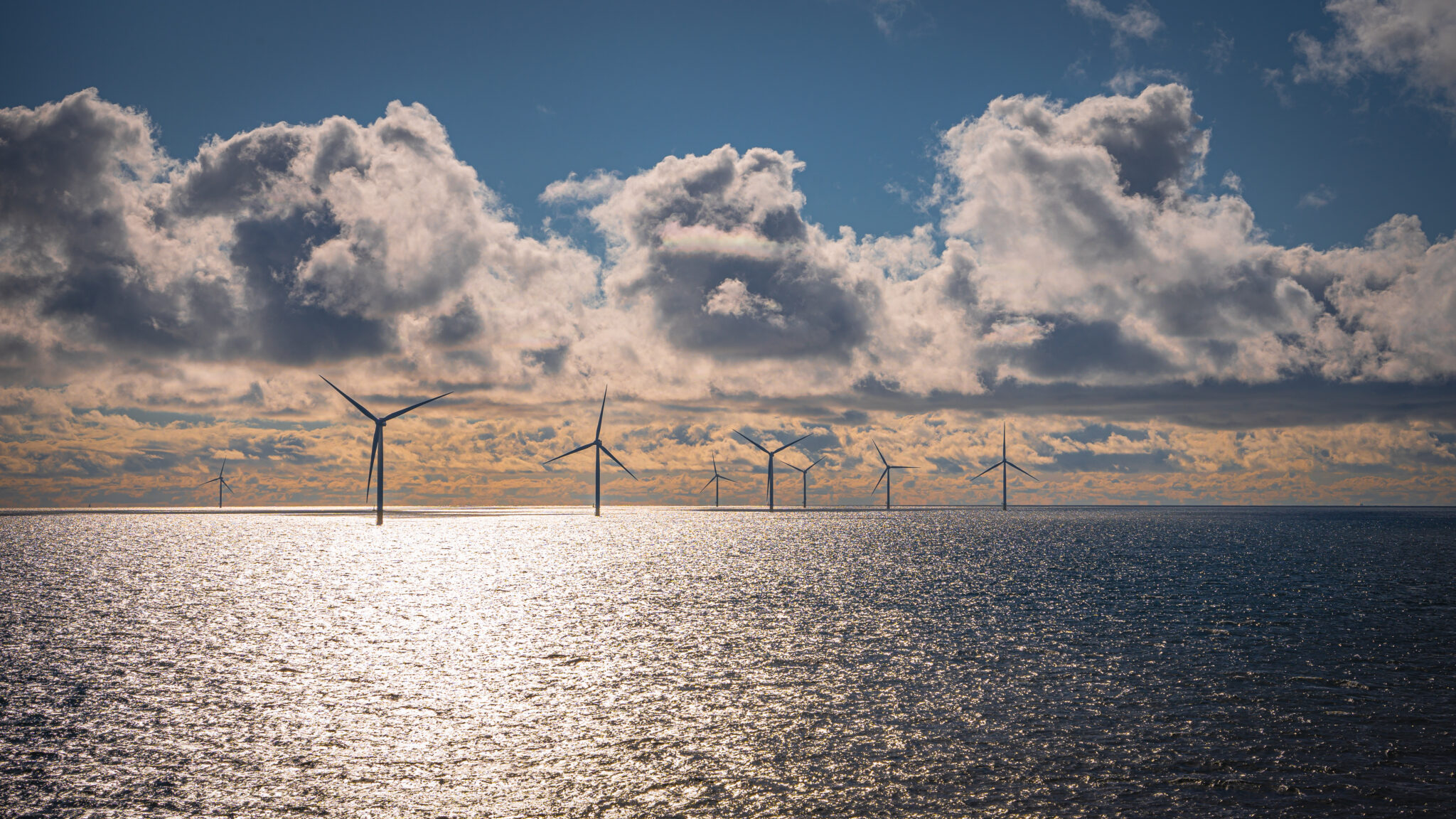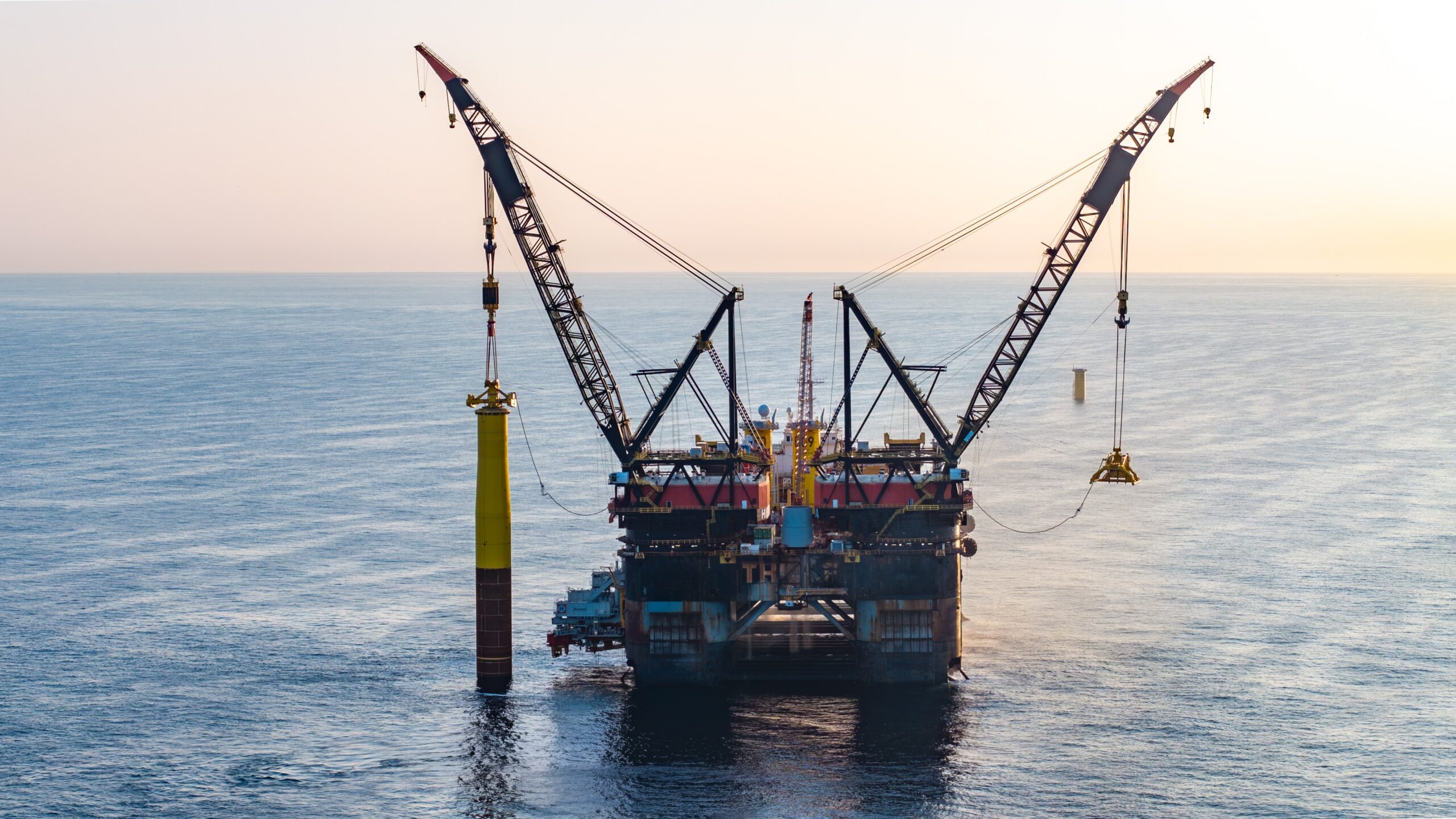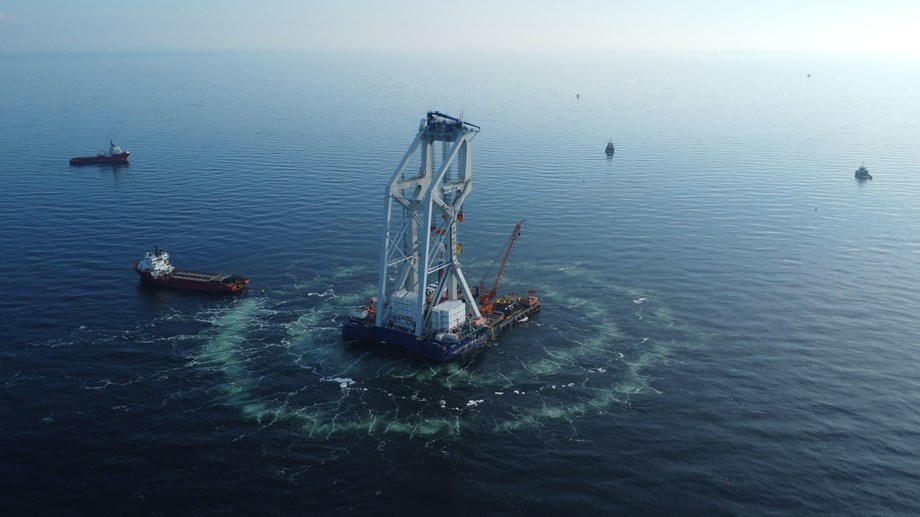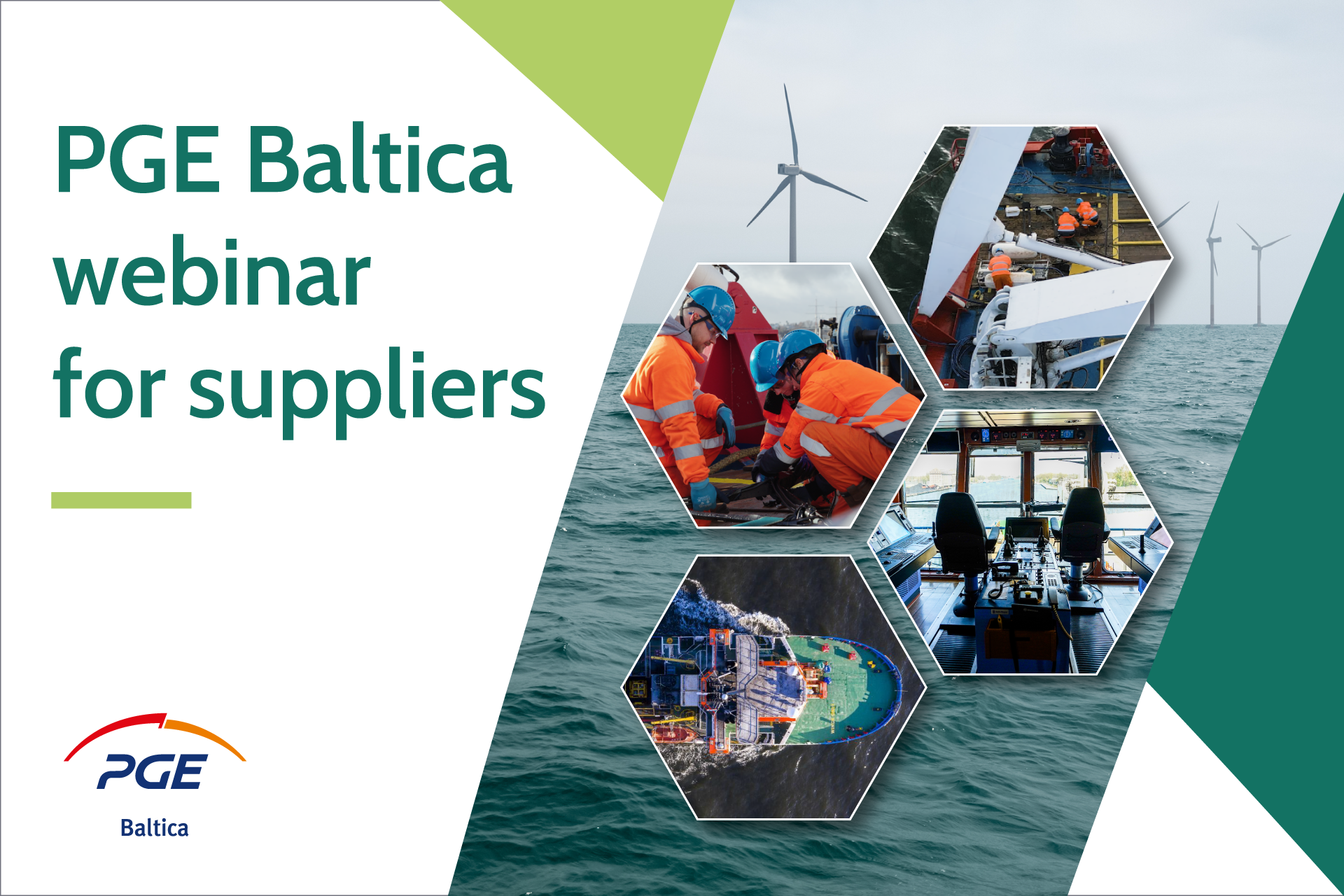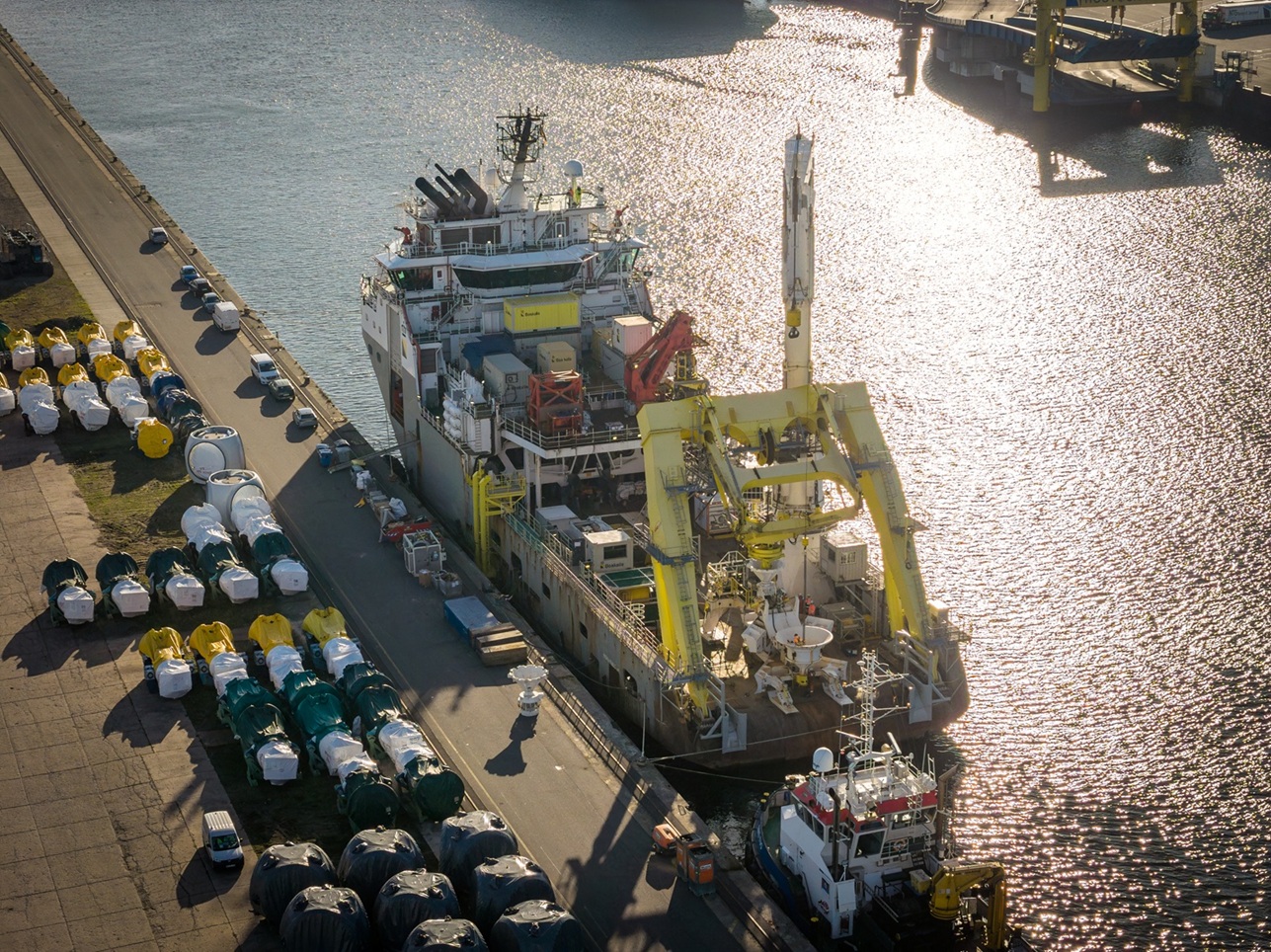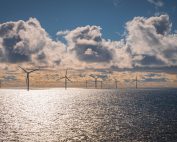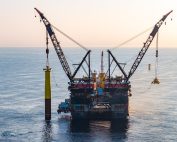The Latvian government has decided to reject an application from Danish RES developer Ørsted, in cooperation with Estonian partner Eesti Energia, related to the construction and location of an offshore wind farm in Latvian waters. The decision is driven by the need to find a suitable location for the Latvian-Estonian offshore wind farm ELWIND.
Peter Obling, Head of Markets & Commercial, Continental Europe at Ørsted, reported that the Latvian Ministry of Economics and the State Chancellery have rejected the application until the Latvian government considers a possible location for the ELWIND offshore wind farm project. In September 2020, Latvian and Estonian authorities also signed an agreement in the area of offshore wind development, more specifically the construction of a joint offshore wind farm in the Baltic Sea.
Despite this decision, Ørsted wants to be involved in offshore wind development in the Baltics and in partnership with Eesti Energia. Eesti Energia has announced that it will continue to develop the Livii offshore wind farm in Estonia. The Ørsted wind farm project was to be built adjacent to Livia.
– The Liivi offshore wind farm is currently the only offshore wind farm in Estonia that can be completed by 2028. An environmental impact assessment of the park is currently underway and will be completed by 2023. Eesti Energia aims to make an investment decision on the park in 2025, said Hando Sutter, CEO of Eesti Energia.
Both companies – Eesti Energia and Ørsted – see great potential for offshore wind energy in the Baltics. Work is underway to analyze potential projects.
On 26 April 2021, Ørsted and Enefit (Enefit is part of the Estonian Eesti Energia group) signed a Memorandum of Understanding (MoU) that provides for cooperation between the companies in the offshore wind sector, in particular for the construction of the first offshore wind farm in the waters of the Gulf of Riga by 2030. The companies’ ambition was to become the leading offshore wind developer in the Baltics. The signed document envisages the establishment of a joint venture to develop offshore wind farms in the waters of the Baltic countries, including the Liivi wind power plant project in the Gulf of Riga – its planned capacity is 1-2 GW. When completed, it will be able to produce approx. 8 TWh of electricity, which is half of the energy needs of Latvia and Estonia.



